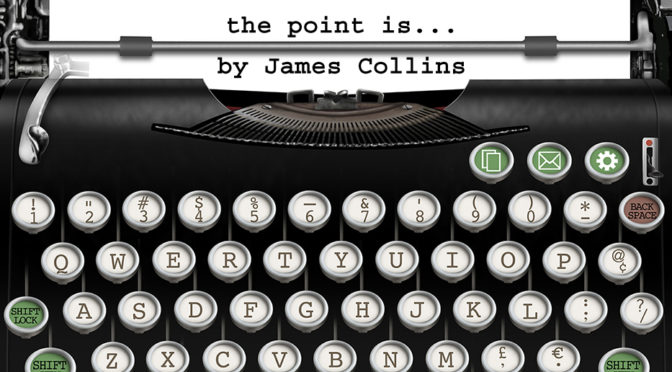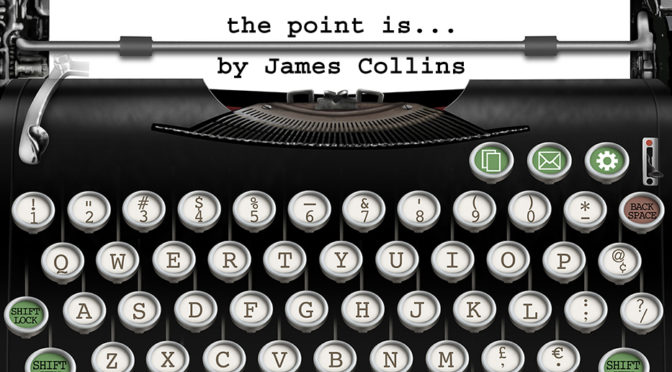
Hurricane season is nearing, and we who live in Florida are being prepped with expert advice. The latest came from our trash removal service via the neighborhood newsletter. Apparently keeping our yard vegetation trimmed is key. We need to “thin out foliage so that wind can flow freely through branches, decreasing the chance of uprooting trees or plants.” That small step will prevent damage to cars, houses and people. Two years ago, according to the article, because of Hurricane Irma’s vegetative debris left on the ground, it took three months and cost more than $30 million to collect and dispose of all the waste.
Fortunately, Dave and I are renting in an area where the yard work is handled by professionals. That probably saves our neighborhood because my dear husband loves to prune (i.e., shred). He, a snip sniper, believes that plants and bushes need to end up basically at ground level so they can “start over.” Butchering more shrubs than I can count, Gardener Dave claims that his method will help the plant grow, bear better fruit and improve its appearance…which, given 30 or 40 years, is a possibility. Don’t get me wrong. I know that pruning is necessary, but it should be purposeful, not random from a Paul Bunyan wannabe who lights up at the thought of tinkering with an axe.
In the June update of “The Spruce,” the author calls pruning “tough love…(which) keeps (plants) healthy and encourages fresh, new growth and renewal.” Lopping off those sprigs or limbs keeps them from sapping the energy of the healthy part of the plant (you know, the part Dave has mutilated). If not pruned, the dead spreads and kills the entire plant.
Jesus knew all about pruning and used that analogy when instructing his disciples (and us) on what is necessary to thrive. I am the true vine, and my Father is the vinedresser. Every branch in me that does not bear fruit He takes away; and every branch that bears fruit He prunes, that it may bear more fruit. (John 15:1-2).
Pretty simple. If we are fruit-bearers (bringing glory to God by discipling others), He, as the grand gardener, prunes to increase fruitfulness so the storms of life won’t leave irreparable damage in our lives. Pruning might mean we lose wilted relationships, superfluous possessions, unimportant status, lifeless habits, etc., but if that temporary loss causes us to rely more on God and less on what we think we need, we will bear more spiritual fruit.
One way God prunes is through His word, the Bible, where we learn of behaviors that sap our energy and keep us from maturing in our Christian walk. Removing the undesirable sin- branches frees us to grow. Hebrews 4:12 explains the importance of allowing the Bible to dictate how we live: For the word of God is living and powerful, and sharper than any two-edged sword, piercing even to the division of soul and spirit, and of joints and marrow, and is a discerner of the thoughts and intents of the heart.
The questions remain: What in your life needs to be pruned? Perhaps there is something that creates a drain on you, and even though “good,” it is not “best.” Aleasha Morris of “Leadership Vision” wrote of the benefit of spiritual pruning: “Finding and removing what chokes our life can help us to breathe deeper, spread wider, and grow higher than we ever thought possible.”
Sounds like a plan to me. I just pray it doesn’t take 30-40 years to get there.








